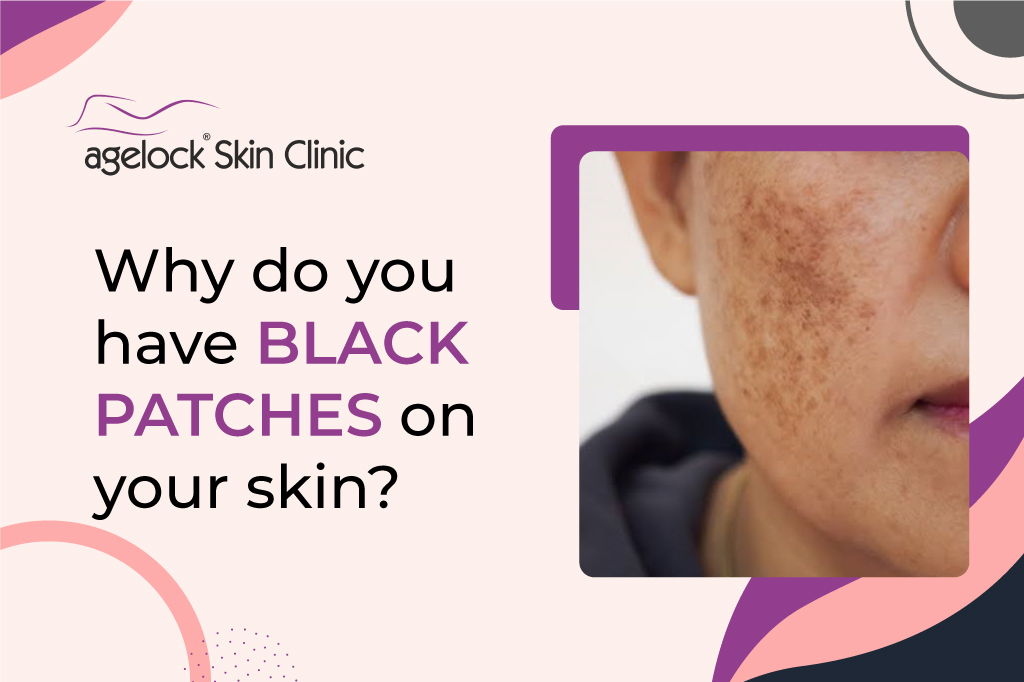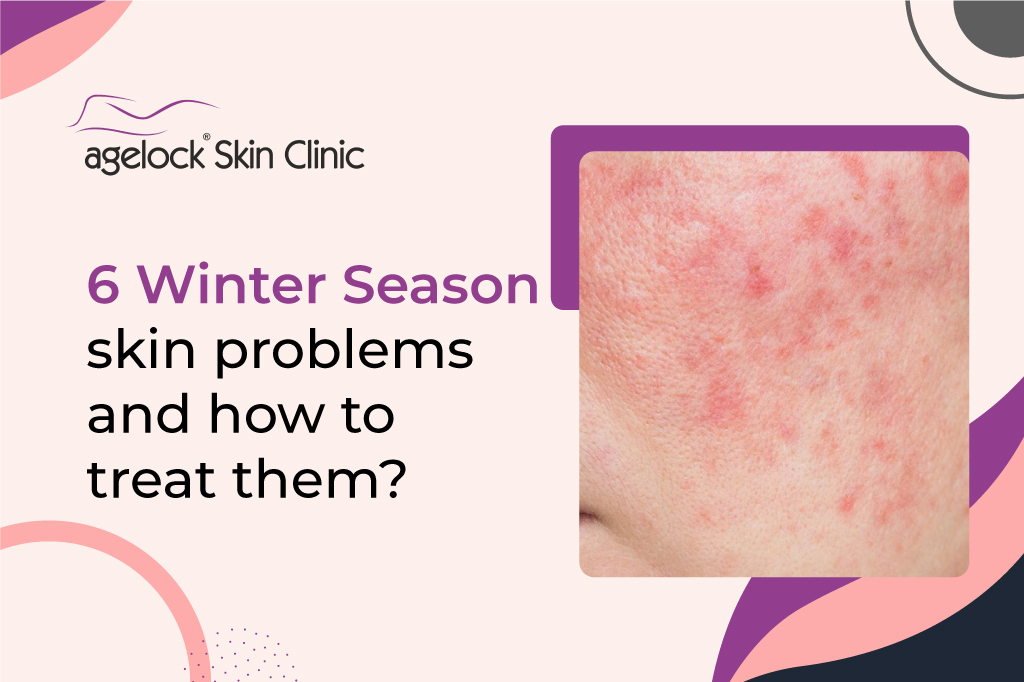Bacterial skin infections (also known as pyodermas) can be caused by a broad variety of bacteria, most often staphylococci or streptococci, or both. Less common bacteria may also be present in hospitalized patients, nursing home residents, or during particular activities such as gardening or swimming in a pond or ocean.
In most situations, different morphological features enable doctors to identify potentially curable and reversible disorders. As a result, most cutaneous infections generate edema, erythema, or other indications of inflammation, but they can also cause localised pus or fluid buildup (furuncles and vesicles, respectively).
What Causes Bacterial Skin Infections:
Bacterial skin infections are caused by a variety of bacteria that can penetrate the skin and cause inflammation. Some of the common causes of bacterial skin infections are:
- Staphylococcus aureus: This is one of the most common bacteria responsible for skin infections. It can enter the body through cuts or breaks in the skin and cause conditions like impetigo, cellulitis, and abscesses.
- Streptococcus pyogenes: This bacterium is responsible for conditions like impetigo, cellulitis, and erysipelas. It can enter the body through cuts or breaks in the skin and spread rapidly, leading to severe infections.
- Pseudomonas aeruginosa: This bacterium is commonly found in soil and water and can infect the skin through cuts or puncture wounds. It can cause conditions like hot tub folliculitis, swimmer’s ear, and nail infections.
- Escherichia coli: This bacterium is commonly found in the digestive system and can infect the skin through open wounds or skin injuries. It can cause conditions like cellulitis and abscesses.
- Proteus vulgaris: This bacterium is commonly found in the intestinal tract and can infect the skin through cuts or abrasions. It can cause conditions like wound infections and abscesses.
Other factors that can contribute to bacterial skin infections include poor hygiene, weakened immune system, exposure to contaminated environments, and skin injuries. Individuals with diabetes, eczema, or other skin conditions are also at a higher risk of developing bacterial skin infections. It is important to seek medical attention if you suspect a bacterial skin infection as early treatment can prevent the infection from spreading and causing complications.
Treatment for Bacterial Skin Infections:
The treatment for bacterial skin infections depends on the type and severity of the infection. Mild infections can often be treated with topical antibiotics or antiseptics, such as mupirocin or chlorhexidine. These medications can help to reduce the spread of bacteria and promote healing of the infected area.
Oral antibiotics may be required for more serious infections. The antibiotic administered will be determined by the type of bacteria that is causing the ailment.
In addition to antibiotics, other treatments may be recommended to help manage the symptoms of the infection. For example, warm compresses may be used to help reduce pain and inflammation associated with an abscess. Drainage of the infected area may also be necessary to help promote healing.
Prevention:
Prevention is also an important aspect of treating bacterial skin infections. Keeping the skin clean and dry, avoiding sharing personal items such as towels or razors, and covering any cuts or wounds can all help to prevent the spread of bacteria. Additionally, maintaining a healthy immune system through proper diet, exercise, and sleep can help to reduce the risk of developing a bacterial skin infection.
It is important to seek medical attention if you suspect a bacterial skin infection, as early treatment can help to prevent the infection from spreading and causing complications. Your healthcare provider can determine the best course of treatment based on the type and severity of the infection.
- Bacterial skin infections can be prevented through various measures. Some of the effective ways to prevent bacterial skin infections are:
- Practice good hygiene: Washing your hands regularly, taking regular showers or baths, and keeping your skin clean and dry can help to prevent bacterial skin infections.
- Avoid sharing personal items: Avoid sharing personal items such as towels, razors, and clothing as these can harbor bacteria and spread infections.
- Cover cuts and wounds: Cover any cuts or wounds with a clean, dry bandage until they heal completely to prevent bacteria from entering the skin.
- Practice safe skin care: Avoid using harsh soaps or scrubs that can irritate the skin and disrupt its natural barrier against bacteria.
- Maintain a healthy lifestyle: Eating a healthy diet, staying hydrated, and getting enough sleep can help to strengthen your immune system and prevent bacterial skin infections.
- Avoid contact with infected individuals: Avoid direct contact with individuals who have skin infections to prevent the spread of bacteria.
- Protect against insect bites: Use insect repellents and protective clothing to prevent insect bites that can lead to bacterial skin infections.
- Keep your living space clean: Regularly clean and disinfect surfaces in your home and workplace to prevent the growth and spread of bacteria.
Conclusion:
By following these measures, you can reduce your risk of developing bacterial skin infections and maintain healthy skin. If you do develop a skin infection, seek medical attention promptly to prevent the infection from spreading and causing complications.























